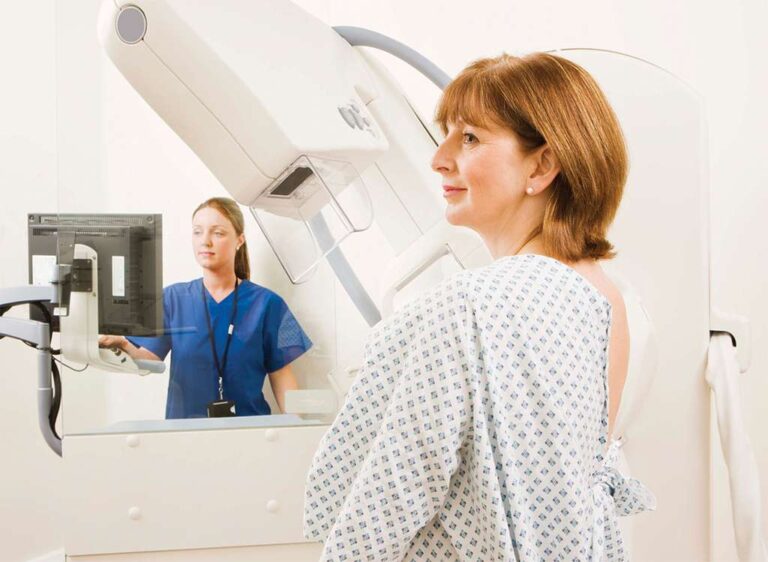How a Family Practice Can Help With Testing and Physical Exams

A family practice plays a key role in delivering comprehensive healthcare services, especially regarding testing and physical exams. These general practitioners, often called family doctors, provide valuable support for patients of all ages. They address a wide range of healthcare needs, helping individuals maintain wellness through tailored care plans and proactive screenings. Here are ways family doctors can help with testing and physical exams:
Personalized Testing
A defining feature of family practices is their ability to offer personalized care. Family doctors assess a patient’s medical history, lifestyle, and health concerns to develop tailored testing and examination plans. This approach makes sure that the tests conducted are relevant and efficient for the patient.
For instance, primary care practitioners might recommend blood tests, imaging scans, or specific health screenings based on an individual’s age, genetic predispositions, or symptoms. This level of customization makes a family practice helpful compared to broader healthcare services. It makes sure patients receive care that addresses their specific needs rather than relying on one-size-fits-all medical procedures.
Early Detection of Health Conditions
By conducting routine physical exams and screenings, family doctors can identify potential health concerns before they develop into serious conditions. Primary care physicians often include screenings for issues such as high blood pressure, diabetes, or elevated cholesterol levels during their exams. These proactive measures improve long-term health outcomes and reduce the need for extensive, invasive procedures later. For instance, detecting prediabetes early allows for lifestyle adjustments and management strategies that prevent progression. By integrating these screenings into regular visits, family practitioners make sure patients remain informed of potential health challenges.
Establishing Baseline Health Measurements
Family practices go beyond addressing immediate health concerns by establishing baseline health measurements for patients. This involves recording key metrics during initial exams, such as weight, blood pressure, and heart rate. This serves as a reference for tracking changes over time.
These baselines are fundamental to detecting subtle shifts in health markers that might indicate a developing issue. For instance, a gradual increase in blood pressure across multiple visits might prompt a family doctor to recommend preventive interventions. Tracking these trends makes sure that minor irregularities are addressed before becoming significant problems.
Building Trusted Relationships in Healthcare
Another key benefit of family practices is a strong relationship with a familiar healthcare provider. Over time, family doctors develop a detailed understanding of their patients’ medical backgrounds and personal preferences, which enhances the overall quality of care.
This trusted relationship creates an environment where patients feel comfortable discussing sensitive health matters. Whether it’s a concern about a new symptom or a question about testing options, knowing the provider fosters open communication. This level of trust is invaluable for accurate diagnoses and effective treatment planning.
Choose a Family Practice for Your Physicals Today
Family doctors provide personalized care, detect potential issues early, and track changes in health with precise baseline measurements. The trusted relationships built within these practices enhance the patient experience. This further creates an environment conducive to effective and comprehensive care. Book your next physical exam with a family practice today to benefit from these services.
- What to Expect When Visiting a Foot and Ankle Specialist
- Causes of PTSD
- The Link Between Plantar Fasciitis and Weight Gain: What You Need to Know
- How Pet Ownership Can Positively Impact Life with Fibromyalgia
- The Importance of Stretching and Flexibility in Sports Medicine
Dr. Emma Green is a health and wellness expert with over 10 years of experience in nutrition and fitness. Passionate about helping others live their healthiest lives, Dr. Green shares practical advice on wellness, nutrition, and sustainable living through LivingSpristine.






